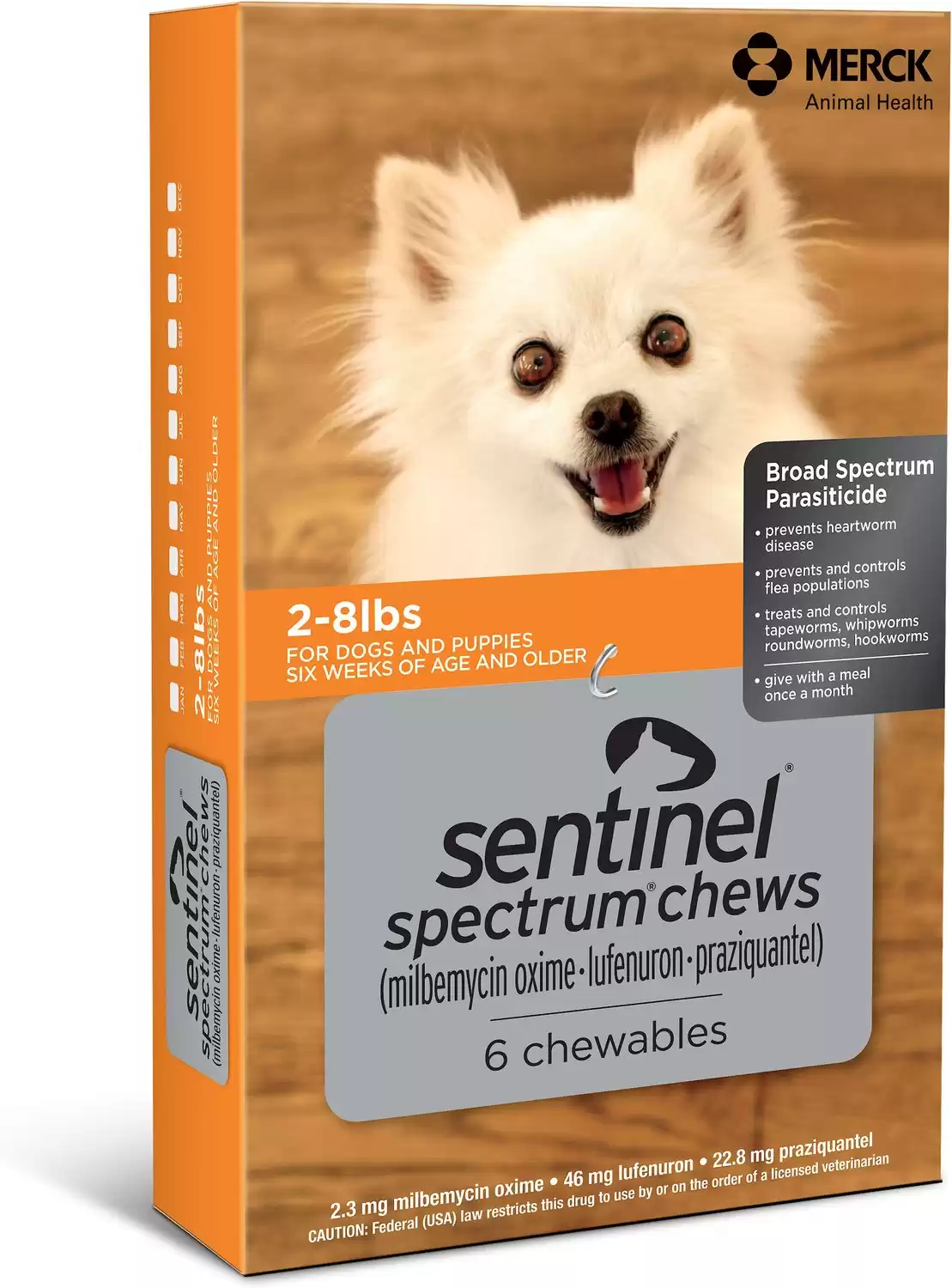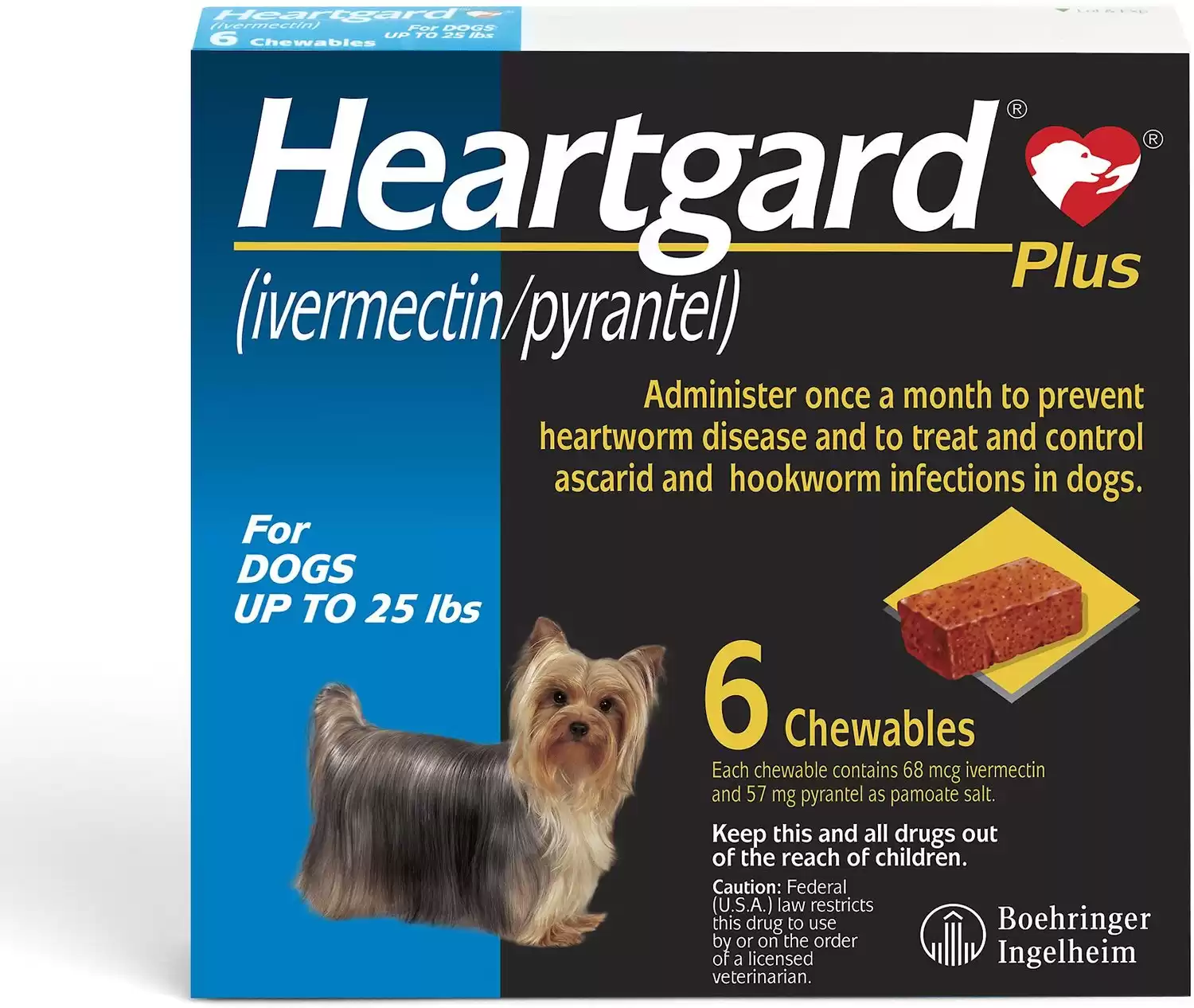Hookworms are parasites that infect dogs and cats. They are also known by their scientific names: Ancylostoma caninum, Ancylostoma braziliense, and Uncinaria stenocephala. The reason they are called hookworms might make your skin crawl.
They get their name from the mechanism by which they attach themselves to your pet’s intestines. Their mouths have hook-like teeth that allow them to stay firmly in place to feed on your pet’s blood. Even though they are very tiny, just about an eighth of an inch long, they can drink a lot of blood! Severe hookworm infection can cause intestinal inflammation and anemia.
How Do Dogs Get Hookworms?
Hookworm eggs get released in infected dogs’ fecal matter. The eggs form into microscopic larvae that live on the ground. When another dog licks or eats poop, eats something off the ground, eats dirt, or licks their feet clean after being outside, they are at risk of contracting hookworms.
Hookworms can also be transmitted from a mother dog to her puppies while they are still in utero, or when they nurse.
In some cases, the larvae can attach themselves to the dog’s skin. They then make their way to your dog’s throat, irritating it, causing your dog to cough them up and then swallow them.
Hookworms can remain dormant in a dog’s muscles, reactivating later on in life. In some cases, pregnancy or nursing can cause the worms to become active again, spreading the infection to the puppies as well.
- Prevents the development of flea eggs
- Protect against harmful heartworm diseases
- Tasty chews
- For the prevention of whipworms, roundworms, heartworms, tapeworms, and hookworms
Hookworm Symptoms in Dogs
Hookworm symptoms vary from case to case. If your dog has a mild case, it may not have any symptoms at all. Puppies can die from hookworm if it is left untreated. Symptoms include:
- Pale gums
- Weakness
- Weight loss
- Bloody diarrhea
- Vomiting
- Dull coat
- Dry coat
- Failure to grow, mainly in puppies
- Skin irritation
- Itching
- Coughing
Coughing, skin issues, and itching are signs of a severe infestation of hookworms. Skin issues are caused by the larvae burrowing into the skin, typically the paws or lower legs of your dog.
Hookworm Diagnosis in Dogs
How do veterinarians diagnose hookworm? They use a test called fecal flotation. They take a sample of your dog’s poop and mix it with a solution that causes the hookworm eggs to float. The floating eggs stick to a glass slide, allowing the vet to look at them under a microscope to make a correct diagnosis.
However, it takes hookworms between two and three weeks to create eggs. So, this test may not be useful when looking for infections in very young puppies.
Hookworm Treatments for Dogs
In order to get rid of all adult hookworms, you must treat your dog multiple times with anthelmintics, special drugs that kill these parasites. This type of treatment is also called deworming. Some dewormers only kill adult hookworms. If you do not repeat treatment, any hookworms that were larvae at the time of the first treatment will grow and cause another infection.
Additionally, you must be sure to keep your dog’s environment clean to prevent reinfection. Remove any feces from their yard and continue to do so promptly every time your dog goes to the bathroom. Use gloves when you do this to avoid contaminating anything else.
If your dog is severely anemic, your vet might recommend blood transfusions along with anti-parasitic drugs.
How to Prevent Hookworms in Dogs
The best way to prevent this parasite is to clean up your dog’s poop promptly every single time they go to the bathroom. You should also give your dog a monthly medication that prevents heartworm, hookworm, and other parasites. Puppies, along with their mothers, should receive this type of medication between two and three weeks old.
If you suspect your dog has worms, treat them promptly to get the infection under control. Your vet may recommend periodic deworming, even without symptoms, if your lifestyle puts your pet at a higher risk of infection.
- Popular choice of veterinarians
- Safe for puppies over six weeks old
- Delectable meat flavor
- Reasonably priced
Can Humans Get Hookworms?
Hookworms can pass on to humans, but we don’t get infected in the same way. In humans, the worms just burrow into the skin, causing painful itching or irritation known as ground itch or cutaneous larve migrans. In this condition, you can actually see the path the larvae have taken to burrow into the skin. This typically happens if you walk with bare feet outside where an infected dog has used the bathroom. Luckily, in this case, the worms usually die off in a few weeks.
In severe cases, where there are several hundred larvae, they can migrate to organs like your intestines or lungs and cause inflammation.
Even though the condition goes away on its own because the larvae don’t mature in humans, people usually take an antiparasitic drug to speed up the healing process.
Keeping Your Dog Safe and Healthy Is Easy
With monthly medications, periodic deworming, and keeping a clean environment for your dog, it is easy to keep your dog and your family free of hookworms. If you suspect your dog does have a hookworm infection, take them to the vet to get a confirmed diagnosis, and follow all of your vet’s advice for treatment.
The photo featured at the top of this post is © In Green/Shutterstock.com
Ready to discover the top 10 cutest dog breeds in the entire world?
How about the fastest dogs, the largest dogs and those that are -- quite frankly -- just the kindest dogs on the planet? Each day, AZ Animals sends out lists just like this to our thousands of email subscribers. And the best part? It's FREE. Join today by entering your email below.
Thank you for reading! Have some feedback for us? Contact the AZ Animals editorial team.








